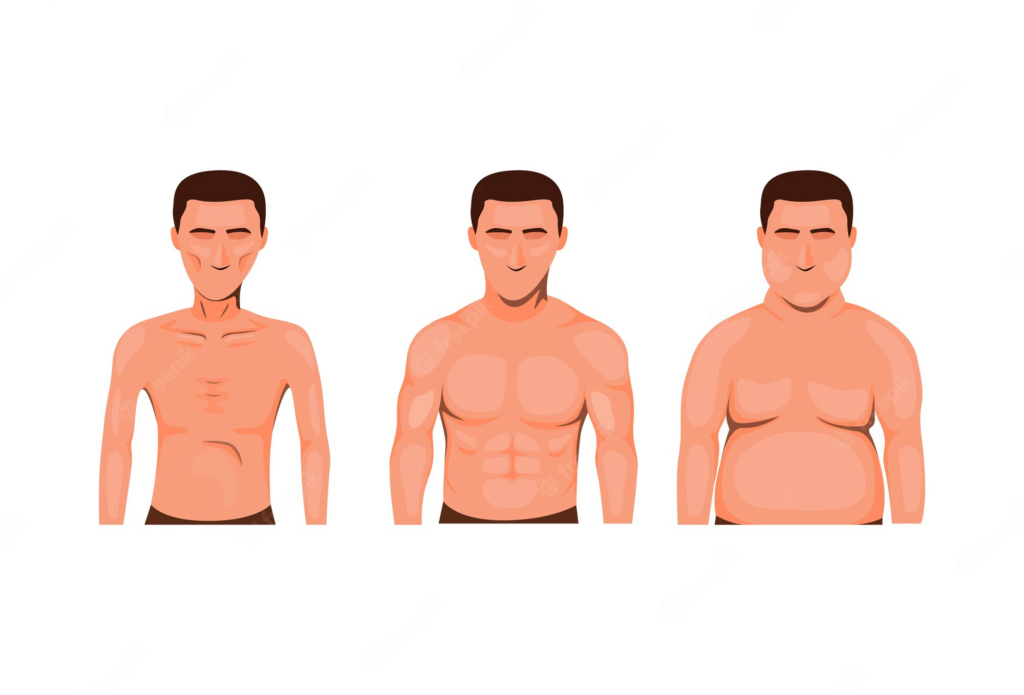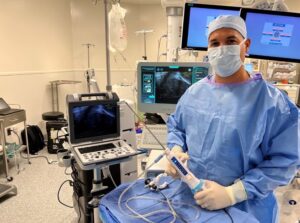
During the aging process, men often have to deal with low testosterone. This hormone is important for bone and muscle growth, and it can also affect sexual health. Testosterone is also involved in regulating sleep and energy levels.
Low testosterone can have a wide range of symptoms, so it’s important to talk to your healthcare provider about the symptoms you experience. This can help your provider diagnose the problem and determine a treatment plan for you. Your provider can also order a blood test to see if you have low testosterone. A blood test can also help rule out other possible causes of your symptoms. You may also need to be referred to a urologist for further testing.
The most common symptom of low testosterone is erectile dysfunction, which is the inability to get a good erection. Erectile dysfunction may also be accompanied by other symptoms, such as decreased sex drive. Low testosterone levels can also affect the amount of hair that men have. If you have low testosterone, your body may lose hair, including facial hair. This is especially common in men over the age of 40.
Low testosterone is also associated with a decrease in the size of the testicles. Some men may also notice a softer scrotum. Some of the other symptoms of low testosterone include decreased energy, decreased sex drive, and changes in sleeping habits. Men may also experience feelings of depression and sadness. These symptoms may increase or decrease over time, depending on the amount of testosterone you have in your body.
Low testosterone may also lead to issues with bone density. Osteoporosis is a bone disease that can cause accidents or fractures. Men are especially vulnerable to this disease, and it’s important to see a doctor as soon as possible if you have a family history of bone disorders.
Men who suffer from low testosterone also have trouble building muscle mass. They may feel fatigued all the time, and they may have trouble maintaining an erection. Many men also experience depression, apathy, and loss of interest in activities they used to enjoy. Several men also experience hot flashes, which can feel like a sudden influx of heat. Depending on the cause of the hot flashes, they may cause dizziness or flushing. Some men also experience night sweats.

Other symptoms of low testosterone include loss of appetite, fatigue, difficulty sleeping, irritability, decreased interest in activities, and a lack of motivation to exercise. Some men who suffer from low testosterone also experience a decreased ability to focus, and they may experience sudden mood swings.
Some men who suffer from low testosterone may also have problems with their sperm production. Testosterone plays an important role in the production of red blood cells and sperm. If your sperm aren’t producing enough, it can lead to anemia, low bone mass, and problems with fat distribution.
Other conditions that can lead to low testosterone include obstructive sleep apnea, which can cause your body to stop producing testosterone. Other health conditions that can cause low testosterone include kidney failure, myotonic dystrophy, and cirrhosis.

